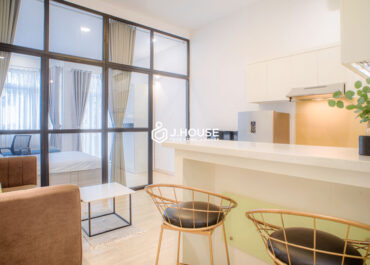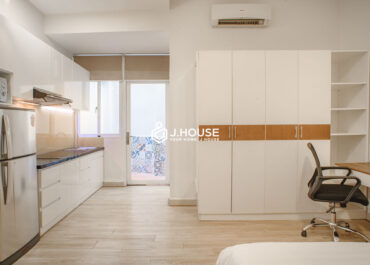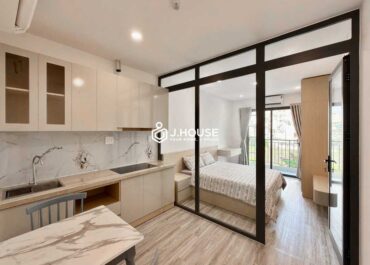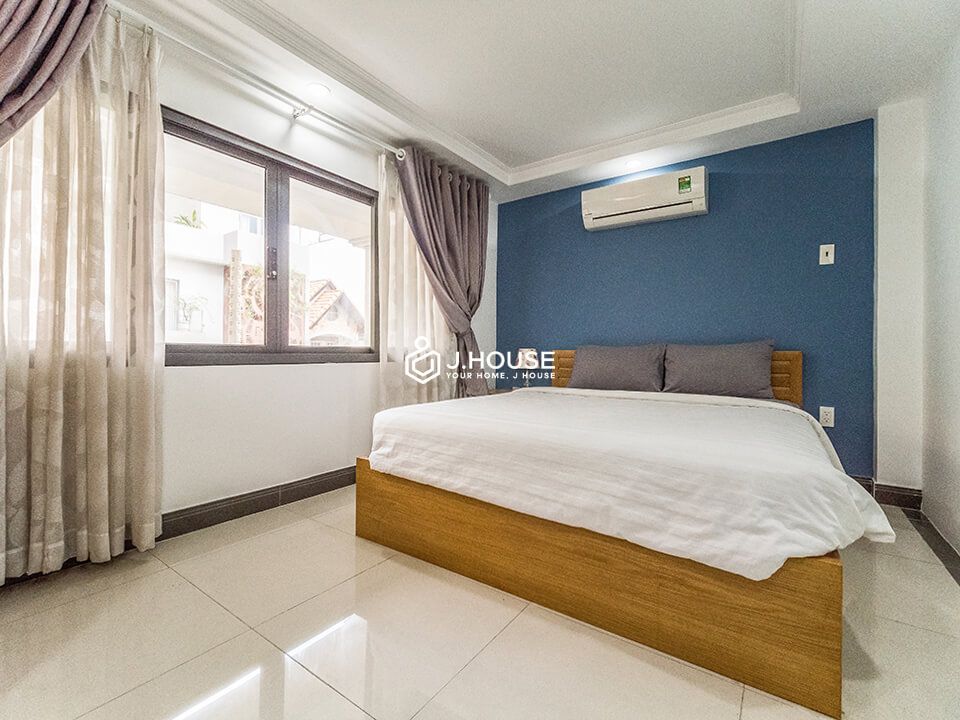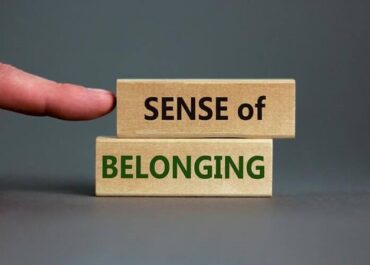Latest Properties
Pet Etiquette in Apartment Living: Keeping Peace with Neighbors
Pets in Apartments: Essential Etiquette for Peaceful Living
Pet Etiquette in Apartment Living is more than a rulebook — it’s the secret to keeping peace in Vietnam’s busy apartment communities.
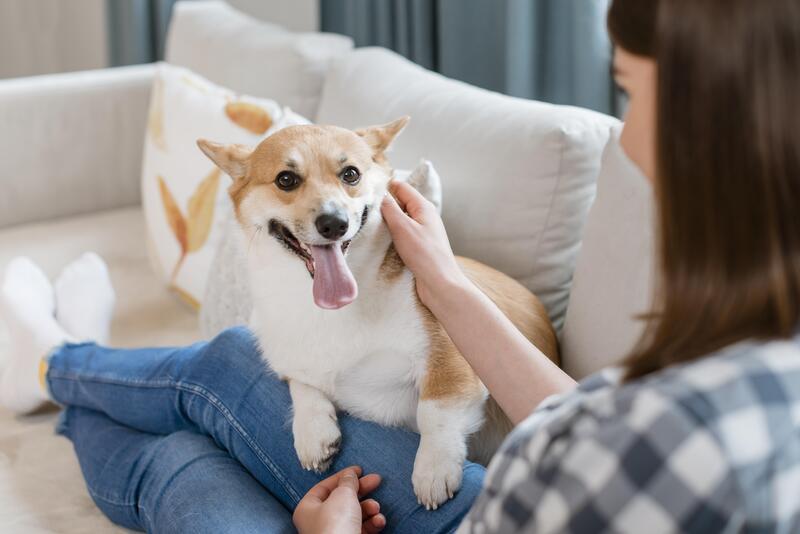
For expats, sharing high-rise living with pets brings both comfort and challenge. A playful dog or curious cat can brighten your days, but without proper etiquette, barking, odors, or messy hallways may quickly test neighborly patience. The truth is, long-term happiness in a shared building depends as much on respect for your community as it does on love for your pet.
This guide walks you through practical etiquette tips — from managing noise and cleanliness to building trust with landlords and neighbors. With the right balance of care and consideration, you can create harmony where everyone feels at home — pets, people, and you.
1. Pet Etiquette in Apartment Living: Setting the Foundation
Living with pets in a shared apartment complex means more than just following building rules. It’s about recognizing how your furry companion affects those around you and taking responsibility. For expats in Ho Chi Minh City or Hanoi, where high-rise apartments dominate, the primary challenge isn’t just space — it’s respect for your neighbors’ peace of mind.
Good etiquette involves three pillars:
- Prevention: anticipating problems like noise, odors, or damage.
- Consideration: respecting building rules and cultural norms.
- Consistency: maintaining routines that keep your pet calm and predictable.
This mindset not only reduces conflict but also makes long-term living in Vietnam smoother and more enjoyable.
Read more: How to Negotiate with Landlords When Renting with Pets in Vietnam
2. Understanding Building Rules and Cultural Expectations
Apartment living in Vietnam comes with varied pet policies. Some serviced apartments welcome pets, while others restrict size, breed, or even species. Always clarify conditions before signing a lease, as hidden rules can cause disputes or even eviction.

Beyond regulations, cultural attitudes also shape your experience. While younger Vietnamese are more open to pets, some neighbors may view them as noisy or unhygienic. Showing responsibility through cleanliness, noise control, and respect for shared spaces not only eases tensions but also builds goodwill. For expats, practicing Pet Etiquette in Apartment Living means understanding both rules and cultural expectations — the key to a smoother, long-term stay.
Read more: Moving to Vietnam with Pets: Entry Rules & Required Documents
3. Managing Noise: Keeping Neighbors at Ease
Noise is one of the top challenges in apartment living with pets. Barking dogs, restless cats, or the sound of paws on hardwood can quickly test neighborly patience. The solution lies in prevention:
- Training & Exercise – Daily walks, play, or puzzle feeders keep pets calm.
- Soundproofing – Rugs, carpets, or curtains reduce echo and footstep noise.
- Separation Training – Ease pets into alone time to prevent anxiety barking.
What seems like minor sounds to you may feel constant to someone working or resting nearby. Practicing good noise control is part of respectful pet etiquette in apartment living, helping everyone enjoy a peaceful home.
4. Cleanliness: Odors, Hair, and Shared Spaces
Hygiene issues are often the quickest way to spark neighbor complaints. Lingering litter box smells, stray pet hair in corridors, or muddy pawprints in elevators can damage your reputation fast. Smart Clean Habits:
- Odor Control – Scoop litter daily, wash bedding, and keep air flowing.
- Shared Areas – Pick up after your pet in gardens, lobbies, and hallways.
- Regular Grooming – Bathing and brushing reduce shedding and keep pets fresh.
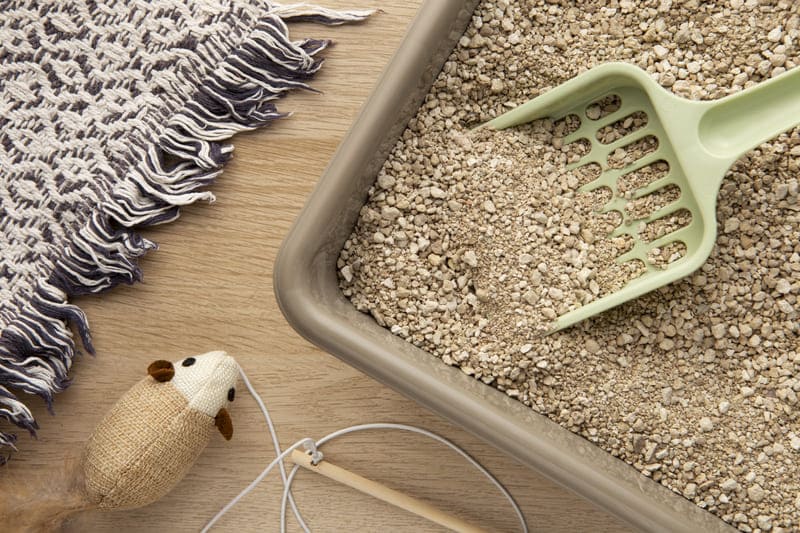
Consistent care not only keeps your home pleasant but also shows respect for those who share your building.
5. Safety and Respect in Common Areas
Elevators, hallways, and parking lots are high-traffic zones where pets can easily cause discomfort or accidents. Even the friendliest dog may appear intimidating to children or neighbors unfamiliar with animals. Best Practices for Shared Spaces:
- Leash or Carrier – Always keep pets secured when outside your unit.
- Elevator Etiquette – Step aside or wait for the next ride if others look uneasy.
- Personal Boundaries – Never assume someone wants to interact with your pet; ask first.
By practicing these small courtesies, you create an environment where neighbors feel safe and respected — making apartment living smoother for everyone.
Read more: Top Pet-Friendly Districts in HCMC for Long-Term Renters
6. Health and Documentation: Building Trust
Good Pet Etiquette in Apartment Living goes beyond noise and cleanliness — it includes proving your pet is healthy and safe. For expats, maintaining proper health records reassures both neighbors and landlords. Responsible Practices:
- Vaccinations – Keep your pet up to date with Vietnam’s required shots.
- Vet Records – Store documents showing parasite control and regular check-ups.
- Pet Insurance – Consider coverage to handle medical emergencies without unexpected costs.

A well-documented, healthy pet not only protects the community but also strengthens trust, making apartment life smoother for everyone.
Read more: Pet Insurance in Vietnam: Is It Worth It for Expats
7. Neighbor Relations: Communication Is Key
Even the most well-behaved pets can sometimes create tension, but how you communicate often determines whether small issues fade quickly or turn into lasting conflicts.
Introducing your pet to neighbors early helps ease any fear or uncertainty, while a quick apology for things like late-night barking shows consideration. When problems arise, offering solutions — such as sharing your training plan or cleaning routine — reassures others that you take their comfort seriously.
By being proactive and respectful, you can transform minor frustrations into opportunities to build trust, creating a friendlier, more supportive apartment community for everyone.
8. Choosing the Right Apartment for Pet Owners
Finding the right home is part of practicing good pet etiquette. Not every building welcomes animals equally, and the wrong choice can create unnecessary conflict. Areas popular with expats, such as Thảo Điền in HCMC or Tây Hồ in Hanoi, often offer more pet-friendly options. What to Prioritize:
- Clear Policies – Get pet rules confirmed in writing before you sign.
- Nearby Amenities – Parks, grooming shops, and 24/7 veterinary clinics save time and stress.
- Practical Layouts – Extra space, balconies, or tiled floors improve comfort for pets and owners alike.
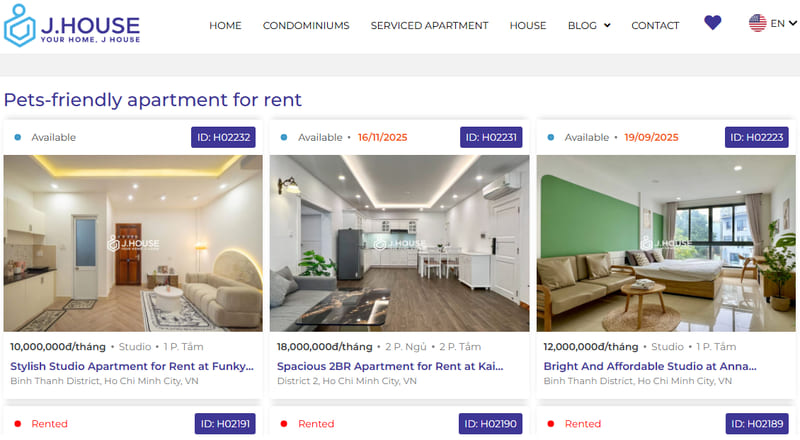
With guidance from JHouse, expats can secure apartments where pets are not only allowed but truly embraced.
Read more: Pet-Friendly Apartments in HCMC: What You Need to Know
9. Budgeting for Apartment Living with Pets
Good Pet Etiquette in Apartment Living also means being financially prepared. Caring for pets in a city apartment involves more than rent — hidden costs can quickly add up.
Typical Monthly Expenses for Expats
| Expense | Monthly Range (USD) |
| Pet Rent / Deposit | $50–$150 |
| Food & Supplies | $30–$100 |
| Grooming | $20–$60 |
| Vet Check-ups | $30–$80 |
| Insurance | $10–$30 |
Budgeting in advance prevents unpleasant surprises and ensures your pet receives consistent, high-quality care — keeping both you and your neighbors stress-free.
Read more: Hidden Costs of Renting with Pets: Deposits, Cleaning & Repairs
10. Long-Term Benefits of Practicing Good Pet Etiquette
Practicing respectful habits with your pets goes beyond simply avoiding complaints — it creates a more enjoyable and harmonious living experience.

For expats, the benefits are long-lasting and meaningful. Fewer disputes lead to warmer relationships with neighbors, and responsible pet owners are more likely to have their leases renewed. Pets themselves thrive in calm, well-structured environments, becoming happier and better-adjusted companions. Beyond that, pets often act as natural bridges, helping foster connections and build a stronger sense of community within the building.
Over time, following good pet etiquette not only protects your lease and strengthens trust with neighbors and landlords but also helps you feel genuinely at home in Vietnam.
Read more: Living with Pets in Vietnam: A Complete Guide for Expats & Locals
Final Thoughts: Pet Etiquette Creates Belonging
In Vietnam, Pet Etiquette in Apartment Living goes beyond following rules — it’s about responsibility, respect, and connection. For expats, these small acts of care transform daily challenges into trust, harmony, and a true sense of belonging. From noise management to clear communication, mindful habits make apartment life smoother for everyone.
At JHouse, we see how responsible pet owners create not only comfortable homes but also stronger, friendlier communities. Whether you’re settling in with a lively pup or a gentle cat, let your consideration set the standard. Living well with pets means ensuring that both your companions — and your neighbors — feel at home.
JHouse Content Team
The in-depth content development team on housing services for foreigners & Vietnamese in Vietnam. The content is simple, easy to understand, and logically arranged to bring readers useful topics and information from real experiences.







